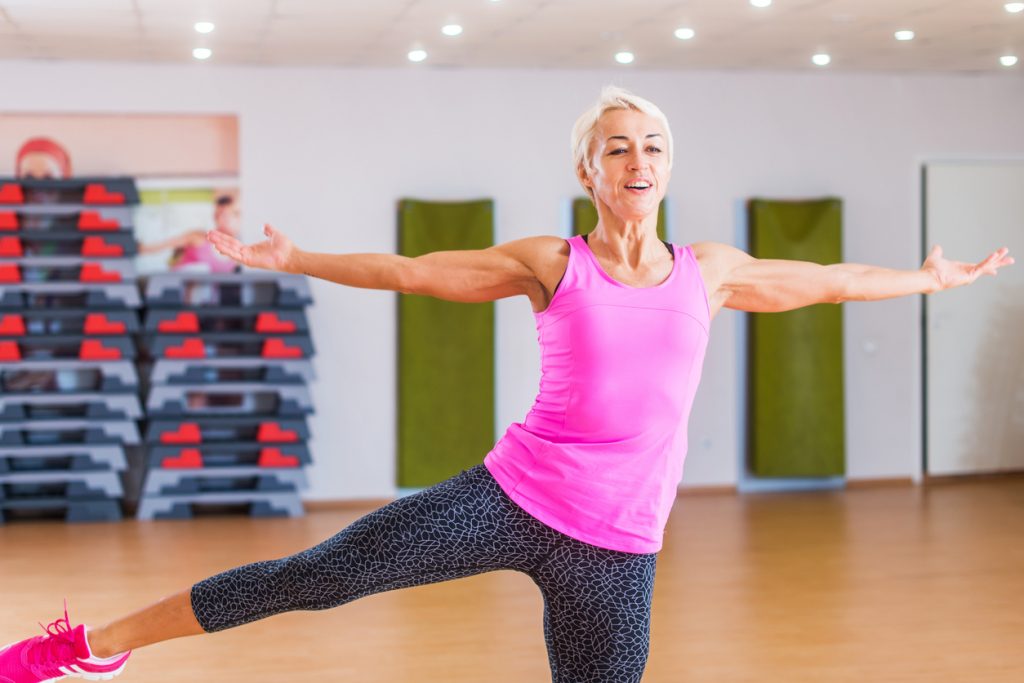-by Nick Adams, PT
One of the more common complaints that I hear while working with patients is that as they get older, they are noticing that their balance just is not what it used to be. If this is something that you have noticed, you are not alone. Our body’s ability to stay upright and balanced is similar to our ability to lift something heavy…if you don’t use it you lose it! We need to train our body to adapt to activities and movements that challenge our balance in order to decrease our risk of having a fall. “Every second of every day, an older adult (age 65+) suffers a fall in the U.S. – making falls the leading cause of injury and injury death in this age group.” Falls are very common, but do not have to be a normal part of aging. Falls and poor balance can instill a fear of movement, which can lead to being afraid to go out in public, run to the grocery store, attend church, and many perform many other activities.
The good news is that by having an understanding of falls and preventative measures, working on living a healthy lifestyle, and challenging your balance, you can help manage your fall risk. From medication management and blood pressure screens, to body movement and balance screens, preventing falls has become a major goal for healthcare providers. In physical therapy specifically, we can work on improving your strength and proprioception, as well as help with issues with your vestibular system, which may be affecting your balance. Here at the Orange City Area Health System Physical and Occupational Therapy Department, we work with patients to assess factors that may be contributing to your decreased balance, and provide an individualized program to address these deficits to help keep you upright and strong! We are blessed with top-notch equipment, such as our Biodex Balance System, which is a sophisticated measuring and training device for static and dynamic balance testing and training. If you have more questions about balance and fall prevention, or if you know someone who may benefit from a balance and fall screen, feel free to reach out to your doctor or physical therapist!


